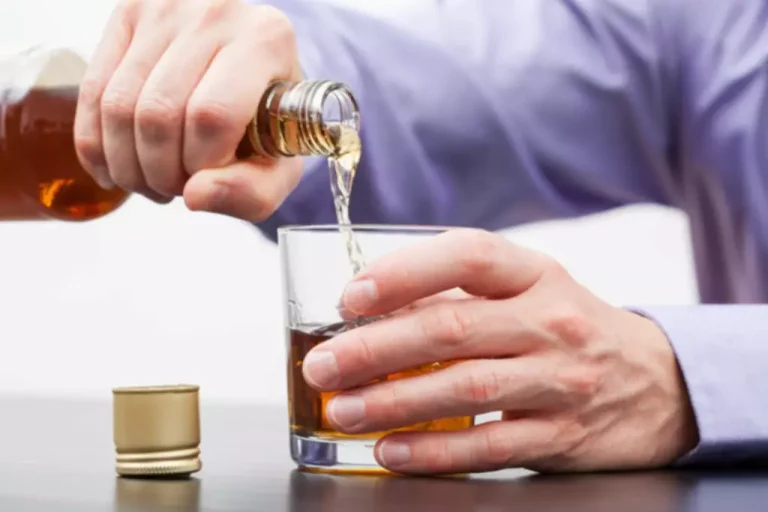
If you have a bleeding problem or take other medications that can affect blood clotting, talk with your doctor about whether Eliquis is right for you. If you have any active bleeding, such as a bleeding stomach ulcer, your doctor will likely eliquis and alcohol usage not prescribe Eliquis. Ask your doctor what other medications may be better options for you. You can also see the “Side effect specifics” section above to read more. Among other uses, Eliquis is used to help prevent blood clots.
How to stay safe when you take a blood thinner
Before you start taking Eliquis, talk with your doctor if any of the factors above apply to you. Your doctor can determine whether Eliquis is safe for you to take. Keep reading to learn about the possible interactions of Eliquis. And for more information about Eliquis, including details about its uses, see this article.
- Eliquis hasn’t been reported to cause kidney-related side effects, such as kidney damage or reduced kidney function.
- If needed, your doctor may give you an antidote to reverse the effects of Eliquis, for example if the medication causes serious bleeding.
- Discover effective ways to manage common heart palpitations at home by incorporating clear strategies into your routine.
- It should be safe to take Eliquis with acetaminophen (Tylenol).
- See the “Eliquis side effects” section above for more information about bleeding with Eliquis.
Warfarin interactions with alcohol
Drinking alcohol while on blood thinners can exacerbate the effects of both substances and reduce the blood’s ability to clot. Be cautious about alcohol consumption when taking blood thinners. Recognizing and addressing alcohol misuse is a crucial step for anyone, especially for those taking blood thinners like Eliquis. Alcohol misuse spans a spectrum from mild to severe and encompasses conditions like alcoholism and binge drinking, which may jeopardize health and safety. Interestingly, heavy alcohol consumption tells a different story.
- Eliquis is FDA approved to treat deep vein thrombosis (DVT) and pulmonary embolism (PE).
- Even a simple fall can give you a nasty bruise or could even cause internal bleeding.
- Take it as directed on the prescription label at the same time every day.
- Some conditions may become worse when this drug is suddenly stopped.
- You will need to carry an anticoagulant alert card with you at all times.
- Certain medical conditions and other factors may increase the risk of interactions with Eliquis.
- Risk of blood clots around the spine with certain procedures.
Side effects and risks
Eliquis® (apixaban) is a drug you swallow to prevent and treat blood clots. You may need to take Eliquis® if you have an operation to replace your knee or hip. Other people need it to prevent a clot, even if they haven’t had one before. If you have any active bleeding, your doctor will not recommend that you start taking Eliquis.

What is blood clotting?
The combination of alcohol and Eliquis can lead to some serious health risks. While alcohol does not directly interact with the mechanism of Eliquis, its combination can exacerbate it’s blood-thinning effect. This can lead to an increased risk of internal bleeding, including in the stomach and intestines, as well as in rare cases such as intracranial hemorrhage. If you’re on Eliquis, you might ponder the safety of having an occasional alcoholic drink. It’s critically important to understand the potential health implications involved. This article cuts right to the chase, detailing the risks and clear guidelines for safely managing alcohol and Eliquis intake.
- They may check you for any symptoms of internal bleeding.
- The dosage is based on your medical condition, age, weight, response to treatment, and other medications you may be taking.
- Common examples include Advil or Morin (ibuprofen) and Aleve (naproxen).
- However, it’s not known if turmeric affects the level of Eliquis enough to have a significant effect on your bleeding risk.
- This document does not contain all possible drug interactions.
If your alcohol intake looks excessive, seeking medical advice from a healthcare professional is recommended. They can help you access the correct medical attention for your alcohol use. This goes for all of the drugs in the class of Factor Xa inhibitors (Eliquis, Xarelto, Savaysa, Arixtra). For mild symptoms of an allergic reaction, call your doctor right away. They may recommend ways to ease your symptoms and determine whether you should keep taking Eliquis.
If you’re concerned about side effects that you may have while taking a higher dosage of Eliquis, talk with your doctor or pharmacist. If you develop serious side effects while taking Eliquis, call your doctor right away. If the side effects seem life threatening or you think you’re having a medical emergency, immediately call 911 or your local emergency number. Injecting while taking apixaban will increase your risk of bleeding. Apixaban works by stopping a clotting factor called factor Xa working.
Eliquis contains apixaban, and Xarelto contains rivaroxaban. Both drugs are anticoagulants, which are sometimes called blood thinners. Eliquis and Xarelto belong to the same class of drugs, direct-acting oral anticoagulants (DOACs).

Ask your doctor or pharmacist about how much alcohol you may safely drink. Do not stop taking apixaban unless directed by your doctor. If you stop taking this medication early, you have a higher risk https://ecosoberhouse.com/article/should-you-have-relationships-in-recovery/ of forming a serious blood clot (such as a stroke, blood clot in the legs/lungs). Your doctor may direct you to take a different “blood thinning” or antiplatelet medication to reduce your risk.
 يلا خدمات
يلا خدمات